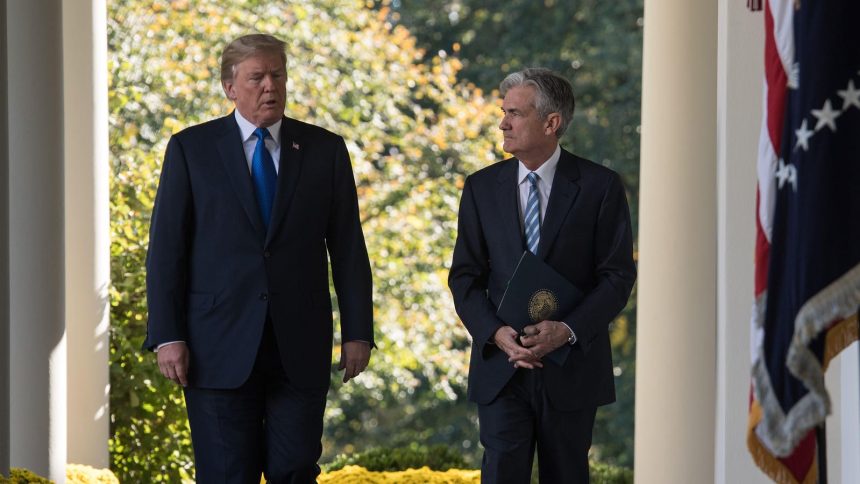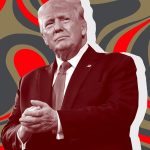Federal Reserve Chairman Jerome Powell expressed optimism about the Fed maintaining its independence under the incoming Trump administration during his remarks at the New York Times’ DealBook Summit. Powell reiterated his confidence that the central bank would continue to operate independently of political pressures, stating, “I’m not concerned that there’s some risk that we would lose our statutory independence.” This statement comes after a history of tension between Powell and President-elect Trump, who has openly criticized the Federal Reserve on multiple occasions, particularly regarding interest rate policies that Powell oversees.
In elaborating on the need for the Fed’s independence, Powell remarked that it is essential for the institution to conduct monetary policy for the benefit of all Americans rather than serving the interests of any specific political party or agenda. He emphasized the wide support that exists for this principle, suggesting that such consensus among lawmakers and the public helps to insulate the Fed from political interference. Powell’s insistence on maintaining the Fed as a nonpartisan entity highlights a key aspect of its structure, designed to prioritize economic stability over political expediency.
Additionally, Powell addressed comments made by Scott Bessent, a potential Treasury secretary under Trump, who suggested the concept of a “shadow Fed chair”—a designated successor who would be preordained to take over should Powell’s tenure end in 2026. Powell firmly rejected this notion, asserting that there was no basis for a shadow Fed chair and expressed a commitment to fostering a respectful and trustworthy relationship with incoming Treasury officials. He underscored the importance of having clear boundaries between the Fed and the Treasury, aligning with the historical practices that have defined their interactions throughout the decades.
Powell’s appointment by Trump in 2017 initially aligned both leaders on economic strategies; however, a growing divergence has emerged, particularly concerning interest rates. Trump’s dissatisfaction peaked in 2019 when he criticized the Fed’s pace of interest rate cuts, labeling the institution a “problem” that was making political decisions disregarding economic repercussions. Trump has suggested that as president, he should have a say in interest rate determinations, a remark that would challenge the Fed’s long-established tradition of operating without direct political influence.
During Powell’s leadership, he has navigated significant economic challenges, including the COVID-19 pandemic, which prompted swift actions to cut interest rates to nearly zero. In contrast, soaring inflation rates have led the Fed to increase these rates to their highest levels in two decades. The Fed’s role, primarily in managing the target federal funds rate, has a broad impact on borrowing costs across the economy. While higher interest rates usually serve to combat inflation, they can also weaken economic growth, making the Fed’s decisions politically contentious and susceptible to public scrutiny.
Acknowledging the disconnect many Americans feel regarding inflation, Powell stated, “You can tell people that inflation has gone down…but that doesn’t matter to people who are paying 10, 20% more for the important things in our lives.” This comment underscores the challenges faced by policymakers as they strive to communicate effectively with the public about economic indicators that may not resonate with their everyday experiences. Powell’s insight reflects a broader concern about the impact of inflation on consumer sentiment, indicating that prevailing economic statistics may lack relevance to individuals grappling with rising costs.



